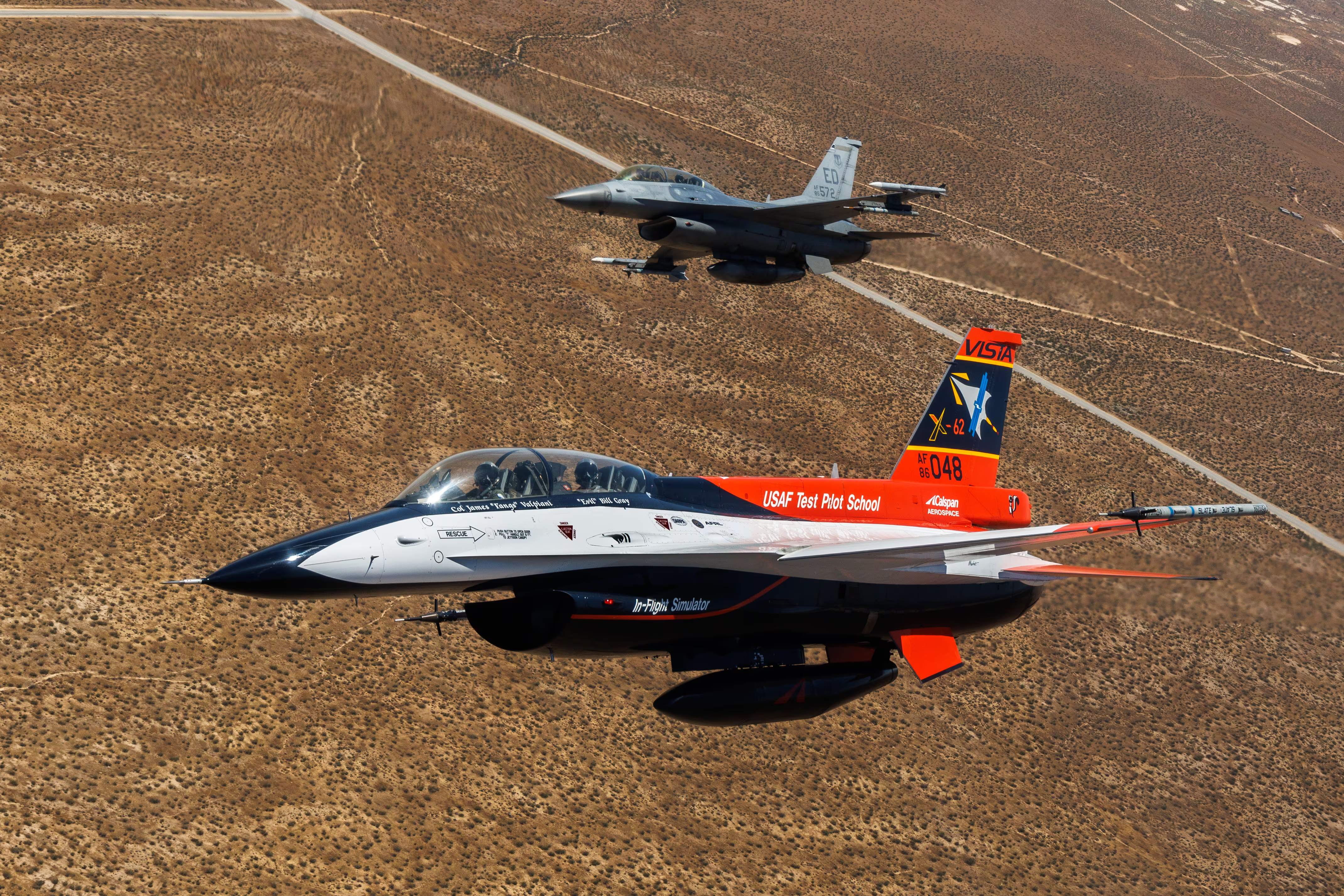PARIS – Arms exports are key to jobs, keeping design offices and assembly lines open, and making a positive contribution to the French trade balance, Laurent Collet-Billon, head of the Direction générale de l'armement procurement office, said on Monday.
In fact, the sales are considered so important that the DGA chief has in the past announced at the annual press conference the estimated value of foreign weapons deals in the previous year. This time around, however, he was more tight-lipped.
When asked about total value of export contracts signed last year, he said there were "orders and options," but declined to give a figure.
That unusual discretion may reflect a reported difference of opinion between the DGA and the defense minister's private office on the value set on those weapons deals.
France "hit a fresh peak with more than €20 billion ($21 billion) of orders," Defense Minister Jean-Yves Le Drian said Jan. 20 at his New Year's greetings to the Armed Forces, website La Tribune reported. "I am thinking of the Rafale; I am thinking of the conclusion of the biggest contract in the history of French exports with Australia."
While Australia last year did pick France in its tender for building 12 ocean-going attack submarines, the contracts signed so far were not worth billions but an estimated €300 million, the report said.
The minister's reference to that Australian pick as an order stands in contrast to the DGA's requirement for contracts to be signed before they are considered final.
DCNS, meanwhile, appears to back up the DGA's cautious approach.
The naval shipbuilder reported Feb. 24 in its 2016 financial results a 25 percent decline in orders worth €2.65 billion, from €3.52 billion in the previous year. Exports accounted for 28 percent of last year's orders.
A more accurate estimate of French 2016 arms exports was reported to be around €14 billion. A DGA spokesman declined comment.
More generally, some 70 new staff will start work by the end of the month to help boost the agency's export team, Collet-Billon said. France had made an "audacious bet" on assuming the foreign sale of 40 of the planned 66 Dassault Rafale fighter jets to allow full execution of the multiyear budget law, he said. "But it was a success story."
If Paris had failed to sell the Rafale abroad, then the Scorpion Army modernization or the intermediate frigate might have been delayed to fund the contracted orders for an annual production of 11 units.
France hit that export target by selling the jet to Egypt, Qatar and India over the last two years, with Paris reaching a record €16.9 billion in 2015 that was boosted by the first two client states.
On the fast-approaching formal start of Britain's exit -- known as Brexit -- from the 28-strong European Union, Collet-Billon said, "The U.K. is virtually a partner of preference in defense."
Paris cooperates closely with London in a number of programs, particularly in aeronautics, ranging from airborne missiles to the future combat air system, an unmanned combat drone, he said. Aeronautics is a British specialty, making the U.K. essential in the Eurofighter Typhoon and A400M programs.
Britain is "of structural importance" he said, adding that France will continue to observe the Lancaster House defense treaty, a bilateral agreement between London and Paris, independent of the complex negotiations once the U.K. formally launches the E.U. exit protocol.
"What we see is there is a permanent concern among our (British) counterparts to maintain dialog, this level of dialog, and we want to reassure them," he said. "The U.K. cannot be isolated; the continent cannot be isolated from the island."
Britain and France have signed up to a midlife upgrade of the MBDA Storm Shadow-Scalp cruise missile and are program partners on a helicopter-borne anti-ship missile, dubbed Anti-Navire Léger (ANL) or Sea Venom.
On a planned intermediate frigate for the French Navy, negotiations are on the last lap and the DGA expects a contract "very, very soon," Collet-Billon said.
The DGA has committed 80 percent of domestic arms orders, with the remaining 20 percent of funding to be pledged in the 2014-19 military budget. Last year, the DGA spent €10.8 billion on programs and placed orders worth €9.8 billion.
British Defense Minister Michael Fallon said on Monday, "We are leaving the E.U. but we will continue to cooperate with our European partners on defense and security.
"Today I have urged the E.U. to cooperate more closely with NATO, to avoid unnecessary duplication and to work together on new threats, including cyber."
Fallon was speaking at a meeting of E.U. defense ministers in Brussels.








